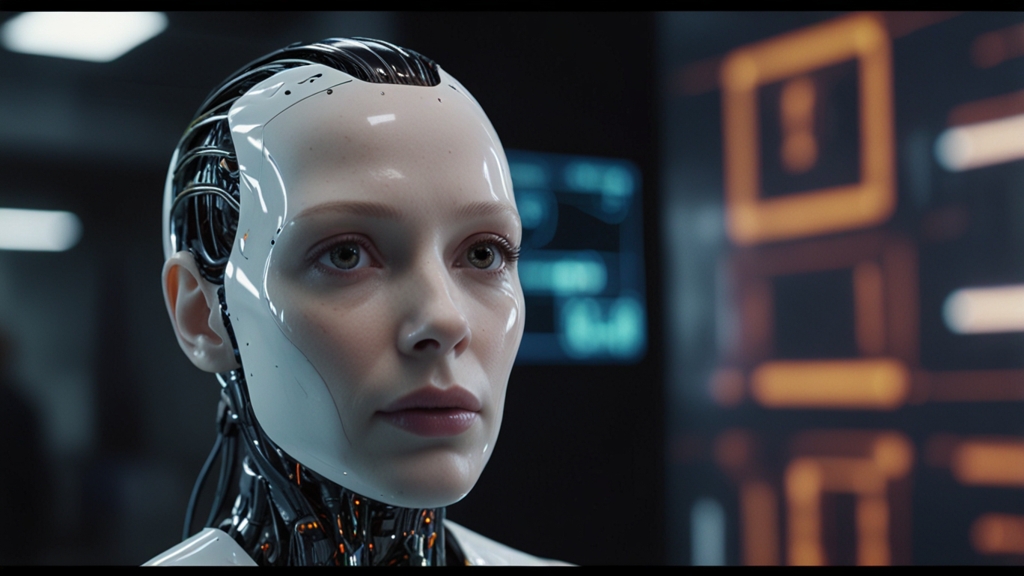Genetic Cloning: What Does the Future Hold for Humanity?
Genetic cloning has long been a subject of fascination and controversy. As science continues to advance at an unprecedented pace, the possibility of cloning humans and other organisms becomes ever more tangible. But what does the future hold for humanity in a world where genetic cloning is a reality?
The Science Behind Genetic Cloning
Genetic cloning involves creating a genetically identical copy of an organism. This can be done through several methods, the most famous of which is somatic cell nuclear transfer (SCNT). This technique involves transferring the nucleus of a somatic cell into an egg cell from which the nucleus has been removed. The resulting embryo can then develop into a clone of the organism that provided the somatic cell.
SCNT was the method used to create Dolly the sheep, the first mammal to be cloned from an adult somatic cell, in 1996. Since then, scientists have successfully cloned various animals, including cows, pigs, and even domestic pets like cats and dogs.
Potential Benefits of Genetic Cloning
One of the most significant potential benefits of genetic cloning is its application in medical research and treatment. Cloning could allow for the creation of genetically identical animals for testing new treatments, reducing the variability that can confound experimental results.
Moreover, cloning technology could be used to generate tissues or even whole organs for transplantation. This would be a groundbreaking development in the field of regenerative medicine, potentially alleviating the chronic shortage of donor organs.
The idea of cloning organs for transplantation could revolutionize medicine as we know it, potentially saving countless lives by providing a readily available source of compatible tissues and organs.
Ethical Considerations
Despite its potential benefits, genetic cloning raises several ethical concerns. The creation of human clones, in particular, presents significant moral and societal dilemmas. Questions about the rights and status of clones, the potential for exploitation, and the implications for human identity and individuality are all issues that society must grapple with as this technology advances.
Furthermore, there is a concern that cloning could be used for purposes that many would consider unethical, such as creating "designer babies" with specific desired traits. This could exacerbate social inequalities and lead to a variety of moral and ethical predicaments.
As we push the boundaries of what is scientifically possible, we must also carefully consider the ethical and societal implications of genetic cloning. The potential for both great benefit and profound harm is immense.
Regulatory and Legal Landscape
Given the ethical and societal implications, the regulatory landscape for genetic cloning is complex and varies significantly from one country to another. Many nations have strict regulations or outright bans on human cloning, while others have more permissive frameworks that allow for research under specific conditions.
International cooperation and dialogue are essential to ensure that cloning technology is developed and utilized responsibly. Establishing global standards and ethical guidelines will be crucial in navigating the challenges and opportunities presented by genetic cloning.
The Future of Genetic Cloning
The future of genetic cloning will likely be shaped by ongoing advancements in biotechnology, continuing ethical debates, and evolving regulatory frameworks. While the technology holds immense promise for medical and scientific breakthroughs, its application will require careful consideration of the potential risks and benefits.
As we look to the future, it is clear that genetic cloning has the potential to transform our world in profound ways. Balancing scientific innovation with ethical responsibility will be key to ensuring that this powerful technology is used for the greater good of humanity.
Ultimately, the future of genetic cloning will depend on our collective ability to navigate the complex interplay of science, ethics, and policy. As we stand on the cusp of new possibilities, the choices we make today will shape the trajectory of genetic cloning for generations to come.












